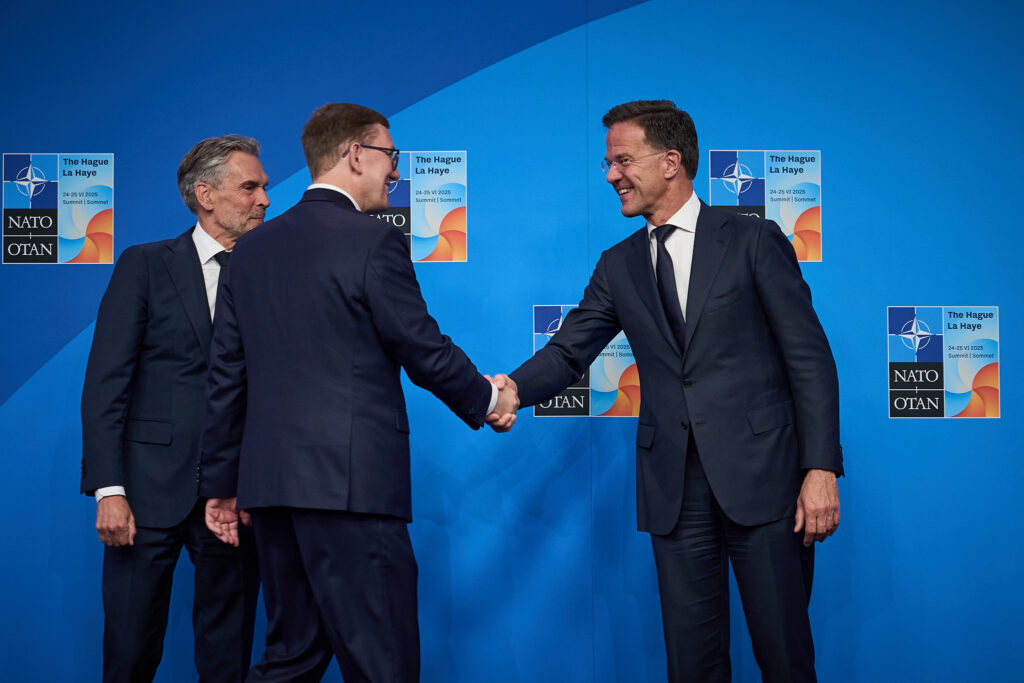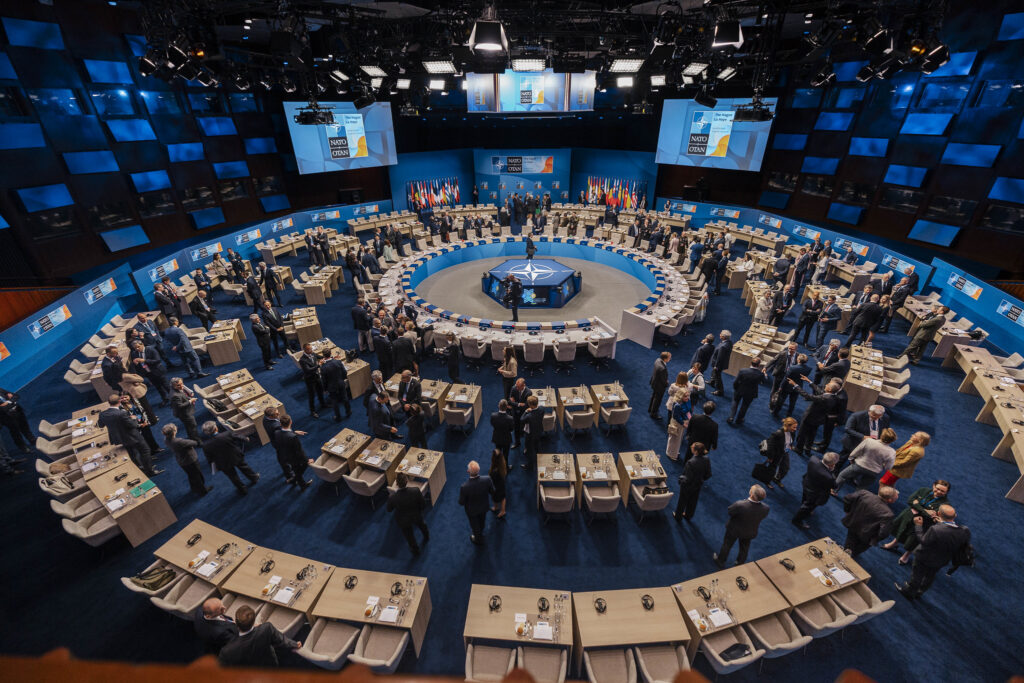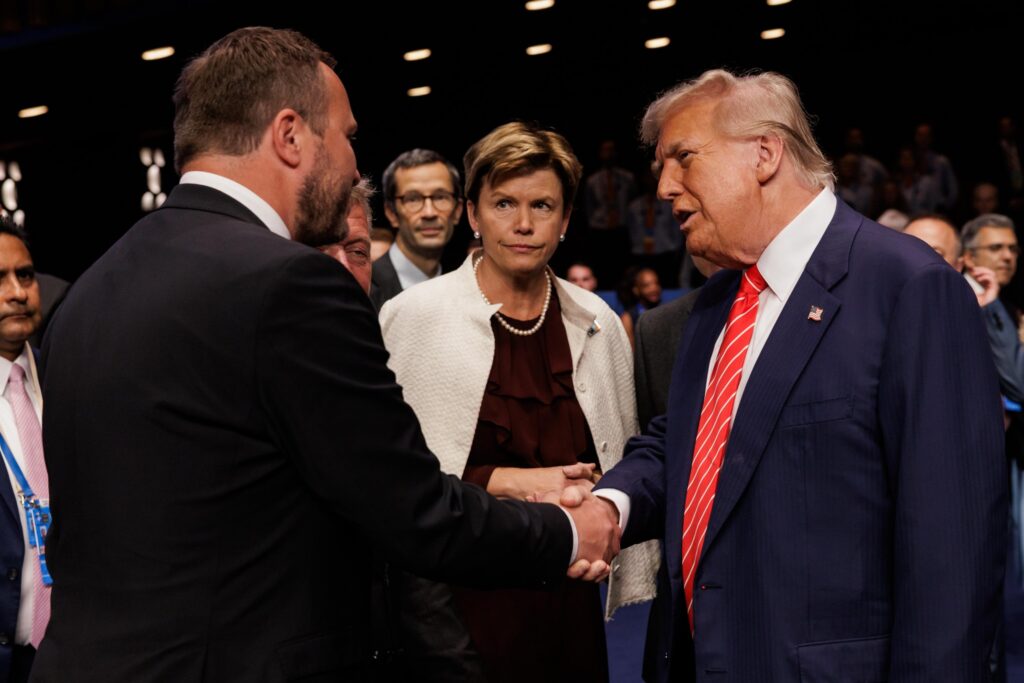At the NATO summit in The Hague on 25 June, Estonia’s prime minister Kristen Michal issued a stark warning to allies, declaring Russia “the most serious long-term threat we face”; foreign minister Margus Tsahkna reinforced the message, emphasising that Ukraine’s defence against Russian aggression is essential to the security of the entire alliance.
“We are living in an increasingly dangerous world,” Michal said. “Russia has shown no interest in peace and continues to kill in Ukraine. Moreover, together with Iran, China and North Korea, it is seeking to overturn the current rules-based global order.”
Michal urged NATO to grow stronger in response. “Our enemies respect NATO because we are strong together – but in today’s world, that strength demands even more of our collective effort,” he said.
He praised Ukraine’s resilience and warned that NATO must both support Kyiv and step up its own military readiness. “Ukrainians have shown they can stand up to Russia. We must support them in this, but also increase our defence capabilities and investment in the defence industry,” Michal said. “Right now, Russia produces as much ammunition in three months as NATO does in a whole year.”
The prime minister thanked British prime minister Keir Starmer, French president Emmanuel Macron and US president Donald Trump for their continued military presence in Estonia, calling it a crucial contribution to regional security.

Ukraine ensuring the security of all NATO members
Speaking at the NATO–Ukraine Council, Tsahkna said Ukraine’s resistance was directly protecting NATO’s eastern flank.
“The relentless barrage of drones and missiles on Ukrainian cities – including an attack in Dnipro that claimed 16 lives – shows that Russia has not abandoned its goals: to subjugate Ukraine and push NATO back from its borders,” he said.
He warned that any concession to Moscow would only embolden further aggression. “Russian aggression will end only when it loses hope of achieving its imperialist aims on the battlefield.”
Tsahkna called for greater pressure on Russia, including the use of frozen Russian state assets and tighter sanctions. He urged the European Union to adopt its 18th sanctions package without delay, and expressed support for US legislation proposed by Senator Lindsey Graham, which he said would have a significant impact.

Estonia can be satisfied with the summit outcome
Following the summit, Tsahkna said Estonia could be satisfied with the results. He met briefly with President Trump on the sidelines to thank the US for its role in securing the release of Estonian citizen Allan Roio from prison in Belarus last week.
He also stressed the importance of US troops stationed in the Baltics, describing them as vital to deterrence and European peace.
The summit marked a major milestone, with allies agreeing to raise defence spending to 5% of GDP to meet NATO’s capability goals and confront threats – chief among them, Russia. Estonia is set to reach that target next year, and Tsahkna expressed hope that other allies would follow suit urgently.
The summit reaffirmed NATO’s commitment to Article 5 of the Washington Treaty, which states that an attack on one is an attack on all.
The next NATO meeting will take place in Turkey in 2026, followed by Albania.

